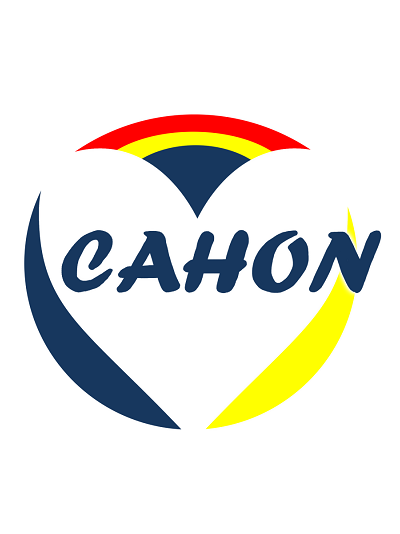RAS 信号在致癌、癌症治疗和抗药性机制中的作用
IF 40.4
1区 医学
Q1 HEMATOLOGY
引用次数: 0
摘要
RAS 家族(HRAS、NRAS 和 KRAS)变异是癌症中最常见的突变之一。约19%的癌症患者携带RAS突变,而这种突变通常与不良的临床预后有关。在过去的四十年中,由于 KRAS 突变异构体中缺乏合适的小分子结合位点,KRAS 长期以来一直被认为是无法药物治疗的靶点。然而,最近药物设计方面的进步使 RAS 靶向疗法变得可行,特别是随着 sotorasib 和 adagrasib 等直接 KRASG12C 抑制剂获批用于治疗 KRASG12C 突变的非小细胞肺癌(NSCLC)。目前正在开发针对 KRASG12D 的其他 KRAS 突变抑制剂,以用于临床,尤其是治疗胰腺癌等高度难治性恶性肿瘤。在此,我们将概述 RAS 信号传导,进一步详细介绍 RAS 信号传导途径在致癌过程中的作用。这包括总结人类癌症中的 RAS 突变,强调治疗方法,以及各种恶性肿瘤中的新发、获得性和适应性抗药性。本文章由计算机程序翻译,如有差异,请以英文原文为准。
RAS signaling in carcinogenesis, cancer therapy and resistance mechanisms
Variants in the RAS family (HRAS, NRAS and KRAS) are among the most common mutations found in cancer. About 19% patients with cancer harbor RAS mutations, which are typically associated with poor clinical outcomes. Over the past four decades, KRAS has long been considered an undruggable target due to the absence of suitable small-molecule binding sites within its mutant isoforms. However, recent advancements in drug design have made RAS-targeting therapies viable, particularly with the approval of direct KRASG12C inhibitors, such as sotorasib and adagrasib, for treating non-small cell lung cancer (NSCLC) with KRASG12C mutations. Other KRAS-mutant inhibitors targeting KRASG12D are currently being developed for use in the clinic, particularly for treating highly refractory malignancies like pancreatic cancer. Herein, we provide an overview of RAS signaling, further detailing the roles of the RAS signaling pathway in carcinogenesis. This includes a summary of RAS mutations in human cancers and an emphasis on therapeutic approaches, as well as de novo, acquired, and adaptive resistance in various malignancies.
求助全文
通过发布文献求助,成功后即可免费获取论文全文。
去求助
来源期刊
CiteScore
48.10
自引率
2.10%
发文量
169
审稿时长
6-12 weeks
期刊介绍:
The Journal of Hematology & Oncology, an open-access journal, publishes high-quality research covering all aspects of hematology and oncology, including reviews and research highlights on "hot topics" by leading experts.
Given the close relationship and rapid evolution of hematology and oncology, the journal aims to meet the demand for a dedicated platform for publishing discoveries from both fields. It serves as an international platform for sharing laboratory and clinical findings among laboratory scientists, physician scientists, hematologists, and oncologists in an open-access format. With a rapid turnaround time from submission to publication, the journal facilitates real-time sharing of knowledge and new successes.

 求助内容:
求助内容: 应助结果提醒方式:
应助结果提醒方式:


